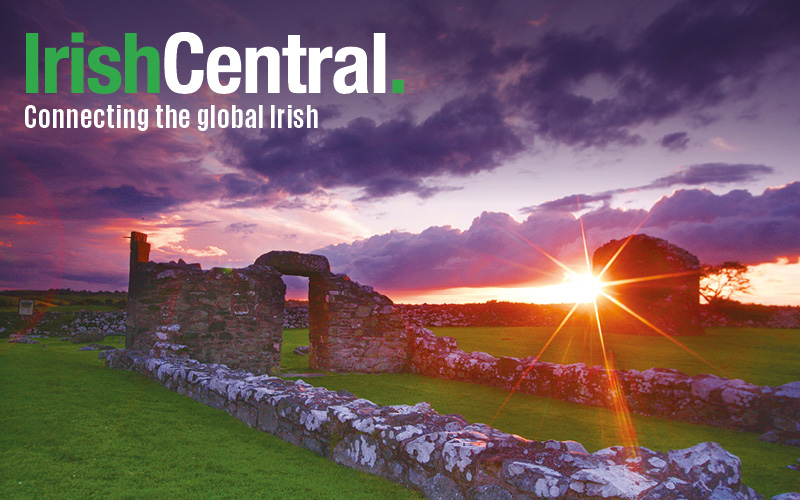PHOTOS - a slideshow of old photographs from the Mount Street Club Farm
As Ireland experiences yet another unemployment crisis, is it time to take a fresh look at the responses to unemployment in earlier eras?
One of the most innovative was a 1930s initiative by a small group of Dublin businessmen and professionals, the Mount Street Club.
A new book, currently being researched (for publication later this year), will tell the intriguing story of the club and of those who passed through it. The author is seeking out oral histories, archives or memorabilia - letters, diaries, photos – which might add to the book.
The Club was jokingly named in the style of the gentlemen's clubs on nearby St Stephen's Green, and was aimed at alleviating the hardship of unemployment by providing occupation and basic sustenance for unemployed men.
Famously, there was "nothing for nothing at the Mount Street Club." Its founders loathed the idea of "charity" and sought to create the circumstances where these men could rejuvenate themselves and keep themselves motivated. According to the club's philosophy, the men were members, not beneficiaries, and they elected representatives to help run the club.
PHOTOS - a slideshow of old photographs from the Mount Street Club Farm
At the club, they engaged in various jobs for which they were paid in an alternative currency, tallies; these could be exchanged for the produce of members' work and for club facilities (meals; a shower; vegetables from the club's allotments and farm, photographed; perhaps a new pair of handmade boots).
The club's heyday was during the war years. Later, improved social welfare and opportunities for emigrants led to a gradual decline in demand. The club venue and farm closed in the early 1970s; today, the Mount Street Club Trust funds various initiatives in the area of unemployment.
The trustees have now commissioned a book on the club's history. Dublin journalist Colin Murphy is one of a number of historians and writers contributing to it; he hopes to write an oral history of the club, based on interviews with surviving members and on the children of members from the earlier decades.
"There are people now in their seventies who grew up in the tenements of inner city Dublin in the 1930s and 40s, whose fathers were members," he says. "I've spoken to some already, but am keen to speak to more. It's extraordinary to think how close this history is - it's the Dublin of Sean O'Casey's great plays, with families of 11 living in one room at the top of an old Georgian pile on Mount Street - and yet there are people alive and strong who grew up in this world and remember it vividly. The Mount Street Club was one modest but vital institution in the lives of some of these people. I'm intrigued to learn more about what the families who were supported by it thought of it."
Murphy and the Mount Street Club Trust archivist, Sarah Perrem, may be contacted at [email protected] or at Mount Street Club Trust, C/o 1, Monaloe Avenue, Blackrock, Co Dublin.
PHOTOS - a slideshow of old photographs from the Mount Street Club Farm




Comments